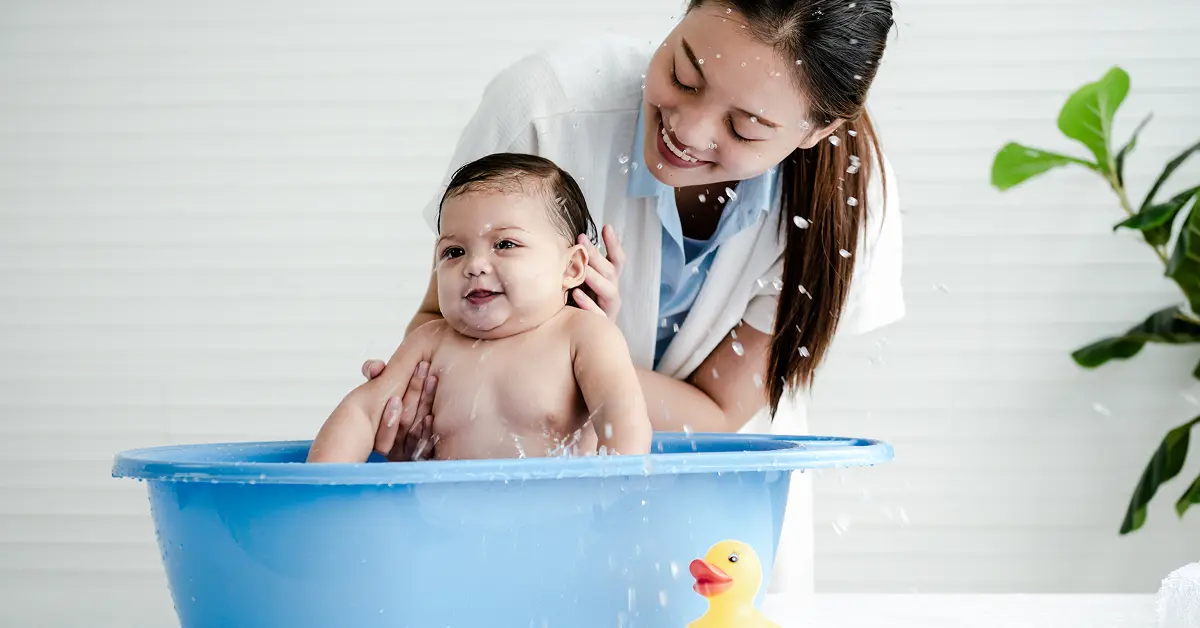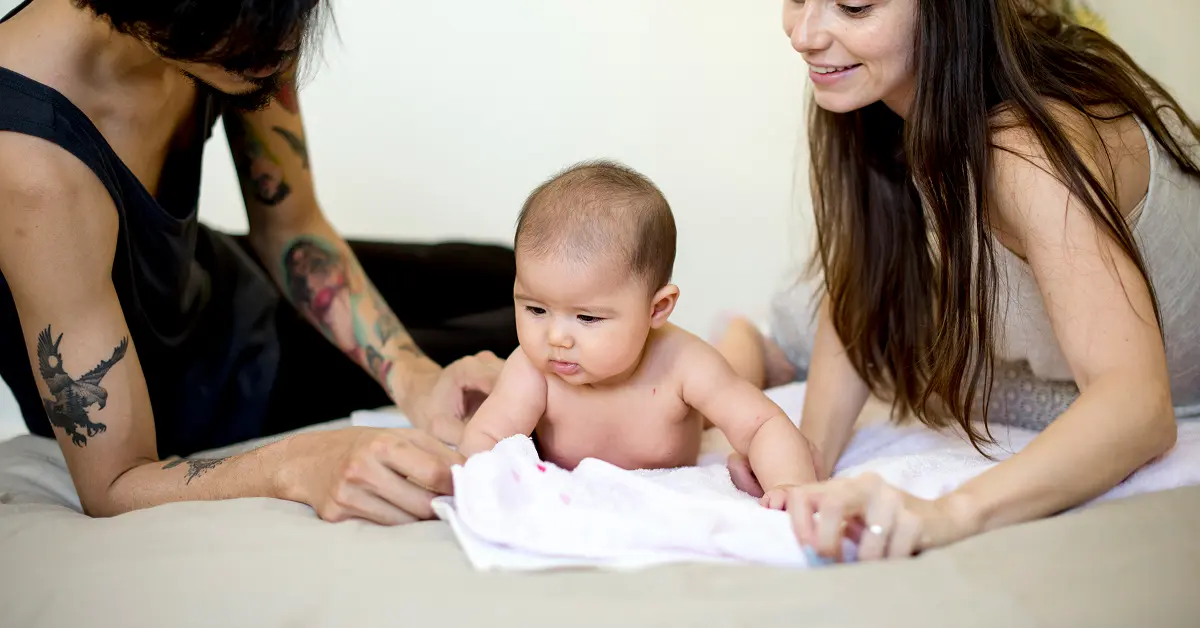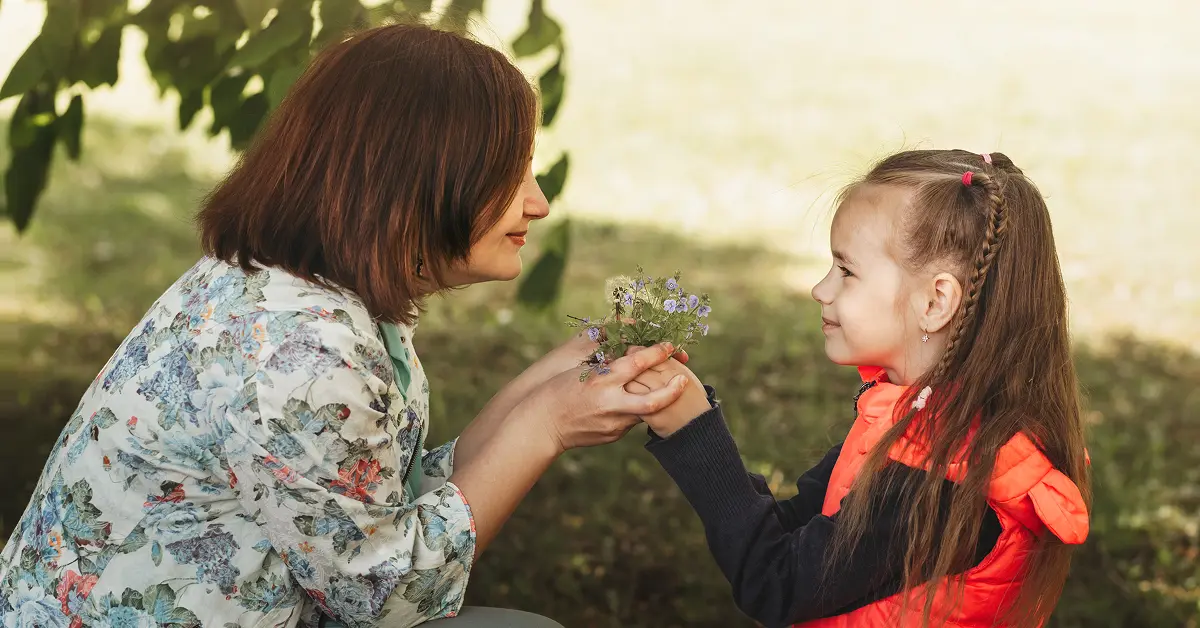Bathing a Baby Care Services is one of the most delicate and significant routines in infant care. While it may appear simple, bathing an infant involves careful attention to temperature, hygiene, emotional reassurance, and safety measures that often go beyond the knowledge of first-time or even experienced parents. This is where the expertise of trained caregivers comes in. In India, where nuclear families are rising and parental support may not always be available, expert caregivers play a vital role in ensuring that baby bathing routines are performed safely, effectively, and lovingly.
In this blog, we will explore the importance of caregiver-guided baby bathing, highlighting how their professional training helps in establishing a safe and calming experience for both the baby and the parents.
Understanding Baby’s Skin Sensitivity
Newborns have extremely delicate and sensitive skin that is more prone to dryness, irritation, and infections. Unlike adult skin, baby skin lacks the fully developed barrier to defend against environmental irritants. Trained caregivers understand this and use the right products—mild cleansers, lukewarm water, and soft towels—to ensure that the baby's skin is not compromised during bath time.
Caregivers also understand the importance of checking for skin reactions, managing rashes, and applying moisturisers at appropriate intervals, ensuring optimal skin health.
Maintaining Safe Water Temperature
An essential aspect of baby bathing is maintaining the right water temperature. Water that’s even slightly too hot or too cold can shock a baby or cause burns. Expert caregivers are trained to check water temperature using their elbow or a thermometer (usually around 37°C or 98.6°F) to ensure it’s ideal for the baby's comfort.
In Indian homes, where geysers or kettles might be used to heat bath water, caregivers play a vital role in balancing traditional methods with modern safety practices.
Preventing Slips and Accidents
Bathing a baby is not only about cleaning—it involves holding a slippery, wriggling newborn in a confined space. It’s easy to underestimate how challenging this can be. Caregivers with experience are trained in safe holding techniques to avoid slips, accidental submersion, or injury during bath time.
They use specially designed baby tubs, support the baby’s head and neck properly, and ensure that all essentials—soap, towel, clean clothes—are within easy reach before starting the bath.
Establishing a Calm Routine
Babies thrive on routines. When bathing becomes a consistent, relaxing part of the baby’s schedule, it helps signal sleep time and promotes better rest. Trained caregivers know how to structure bath time to make it a soothing experience. They may play soft music, talk to the baby gently, or use calming techniques that help the baby associate bath time with comfort rather than stress.
Post-Bath Care Is Equally Crucial
What happens after the bath is just as important as the bath itself. Expert caregivers dry the baby immediately, paying special attention to skin folds where moisture can cause rashes or infections. They apply lotions, oils, or diaper creams as per the baby's skin type and paediatric recommendations.
Additionally, caregivers help dress the baby quickly and comfortably, ensuring the room temperature is warm enough to avoid chills.
Identifying Health Concerns Early
Caregivers often become the first line of observation for babies’ health. During bath time, they may notice symptoms like unusual rashes, flaky scalp, cradle cap, or signs of discomfort in certain body areas. Their trained eye helps identify such conditions early, and they can alert parents to seek medical advice if needed.
Their observational skills are invaluable, especially for first-time parents who may not be aware of what’s considered normal and what’s not.
Cultural Practices with Professional Hygiene
In India, many cultural practices are associated with baby bathing, such as oil massage before bath (maalish), using traditional herbal products, or specific rituals performed by grandmothers or elders. Trained caregivers are often well-versed in these traditions but bring a professional touch to them.
They balance these rituals with hygienic practices—sterilising towels, using chemical-free oils, and maintaining sanitation—which is crucial in today’s urban lifestyle and rising pollution levels.
Reducing Parental Anxiety
For new parents, especially in nuclear families, bathing a newborn can be anxiety-inducing. The fear of doing something wrong often leads to stress or delays in establishing a proper bathing routine. Having a trained caregiver at home brings peace of mind.
They not only take over the task but also guide parents on how to confidently bathe the baby themselves over time. With their support, parents feel more empowered and assured in their caregiving journey.
Time Efficiency and Energy Conservation
Baby care is physically and emotionally demanding. In households where parents are juggling jobs, chores, and sleep deprivation, having a professional to handle daily bathing routines can be a great relief. It saves time, reduces errors, and ensures that the baby’s hygiene is never compromised.
Caregivers bring structure and discipline to the day, freeing parents to focus on bonding and resting.
Customising Based on Baby’s Age and Development
As a baby grows, so do their bathing needs. A newborn requires sponge baths initially, followed by tub baths after the umbilical cord stump falls off. As babies begin to sit or crawl, they may enjoy more playful bath times. Trained caregivers understand these stages and adapt accordingly.
They know how to transition the baby from one stage to another without causing fear or discomfort, turning bath time into a fun and developmental activity.
Conclusion
Bathing a baby is far more than a cleaning routine—it's a practice that builds health, hygiene, emotional security, and bonding. With expert caregiver guidance, Indian families can ensure that their babies receive the safest and most nurturing care possible.
As lifestyles become busier and nuclear families more common, trained caregivers bring a blend of traditional knowledge and modern medical awareness that supports baby wellness in a holistic way.
By choosing caregiver support for your baby’s bathing routine, you're not just ensuring cleanliness—you're creating a foundation for lifelong hygiene, comfort, and well-being.
Contents
- Understanding Baby’s Skin Sensitivity
- Maintaining Safe Water Temperature
- Preventing Slips and Accidents
- Establishing a Calm Routine
- Post-Bath Care Is Equally Crucial
- Identifying Health Concerns Early
- Cultural Practices with Professional Hygiene
- Reducing Parental Anxiety
- Time Efficiency and Energy Conservation
- Customising Based on Baby’s Age and Development
- Conclusion
Our 24*7 services
Latest Posts
- What Is Respite Care and Why Is It Important
- Affordable home care for senior citizens in India
- Caring for Seniors with Dementia or Alzheimer's at Home
- Senior Caregiving A Guide for Every Family
- How to Write a Caregiver Resume That Gets You Hired
- How Care After Hospital Discharge Speeds Up Recovery at Home
- How to Get Home Health Care for Seniors Through Medicare
- What Does a Senior Citizen Caregiver Really Do at Home
- How to Care for Elderly Parents with Alzheimer’s or Dementia
- How to Get 24-Hour Care for Seniors at Home



